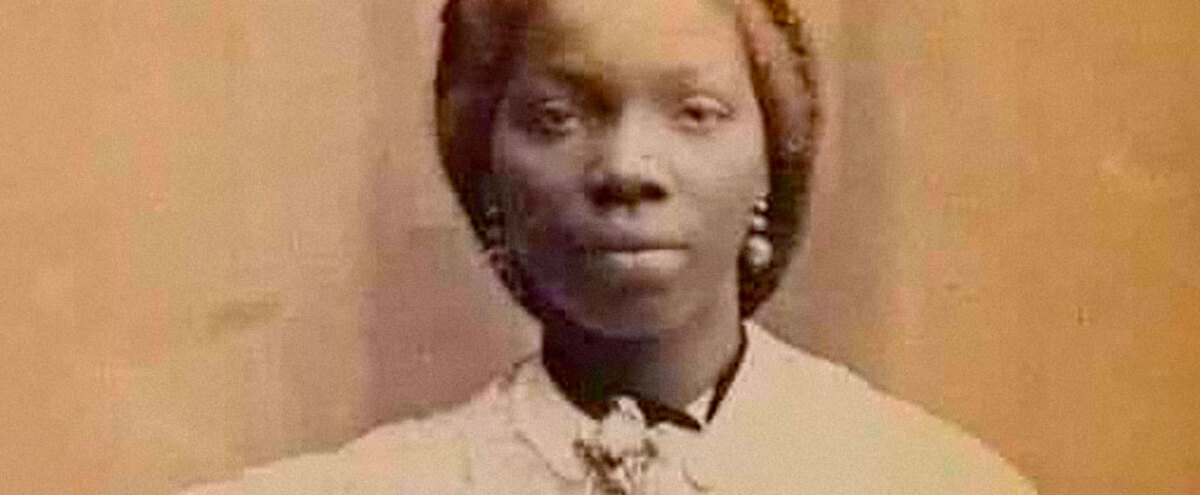Phillis Wheatley, Her Story as a Slave and Poet
Even more so her racial condition marked a great precedent of emancipation, capacity, and talent

The Woman Post | ALEXANDRA DOMINGUEZ
Listen to this article
Read more content like this at: thewomanpost.com
The 18th century was still a time when slavery existed, invading, and liberating battles, and the relegated role of women. Many were illiterate, could not read or write, and did not venture into areas considered exclusively masculine.
It reveals how men have always had prominence and freedom of thought and action during the different historical periods that are described –and even today in certain regions or civilizations-while women have been restricted or limited.
It is within this historical framework that the feat of Phillis Wheatley takes place, an African woman who was born a slave, but with her great capacity for learning and her determination to change the conditions of women, and even more so of her racial condition, marked a great precedent of emancipation, capacity, and talent that earned her not only her freedom and the recognition of great personalities of the time but also became the first black (and African-American) woman to write a book.
Its origin was presumably Senegalese (at the time Senegambia) born around 1753 -the data is speculative since there is no official record on it- and sold by a local boss in 1761 to a foreign slave merchant, he transported her in a ship named Phillis to Boston, where John Wheatley bought her, a tailor from the city, as a servant for his wife Susanna.
The Wheatley family was religious and therefore they treated the slave very well. Not knowing her name, they decided to call her Phillis (after the ship that transported her from Africa to America) and Wheatley for being "property" of the family.
The head of the family was progressive in thought, so he gave his young slave a chance to learn to read and write. The couple's children, Mary and Nathaniel, introduced her to reading and writing, something unthinkable in society. of the time, which did not give equal treatment to slaves, either because of their social status or because of their racial origin.
At the age of 12, Phillis herself was reading Greek and Latin, and interpreting passages from the Bible.
At the age of 14, she wrote the poem "To Cambridge College, in New England."
Recognizing all of Phillis' abilities, the Wheatley family entrusted Phillis's labors to her other servants and empowered her to continue her passion for reading and writing.
In 1773, at the age of 20, he traveled with Nathaniel Wheatley to London where he met with the mayor of the city and other personalities of London society, thanks to which Selina Hastings, Countess of Huntingdon, learned about Phillis's work -although because of his medical conditions, he could not meet her in person- and decided to sponsor the publication of Phillis's book for that same summer: "Poems on Various Subjects, Religious and Moral" (Poems on various topics, religious and moral).
By November of that same year, the Wheatley family officially granted Phillis his release.
For the following year, her great mentor and protector Susana Wheatley passed away, and in 1778 John Wheatley also died.
Her poems were mostly written in honor of famous people, so, for example, she dedicated a tribute to George Whitefield after his death.
Many important men of the time admired and recognized his talent, among them John Thornton, John Newton, and George Washington himself, to whom he dedicated a poem: "His Excellency General Washington", to later visit him at his headquarters in Cambridge in 1776.
In the poem dedicated to Washington, Francisco de Miranda found the word Columbia, derived from the Greek word Colombia, which he used for his dream of building a great nation made up of several republics of the American continent, called Gran Colombia.
In 1779 he attempted to publish a second book of poems, but due to financial difficulties, this was not possible.
Without a doubt, a courageous woman who earned the respect and admiration of many English and American gentlemen and who marked history, being in turn educated, guided, and empowered by another great woman, her "owner" and lady, Susana Wheatley.




